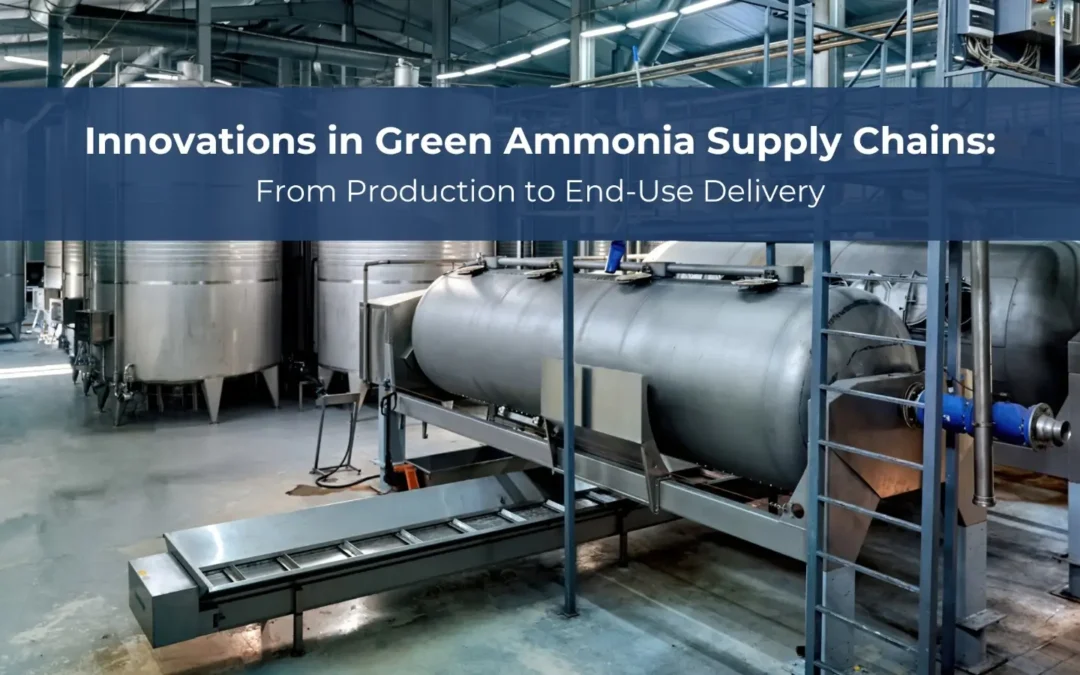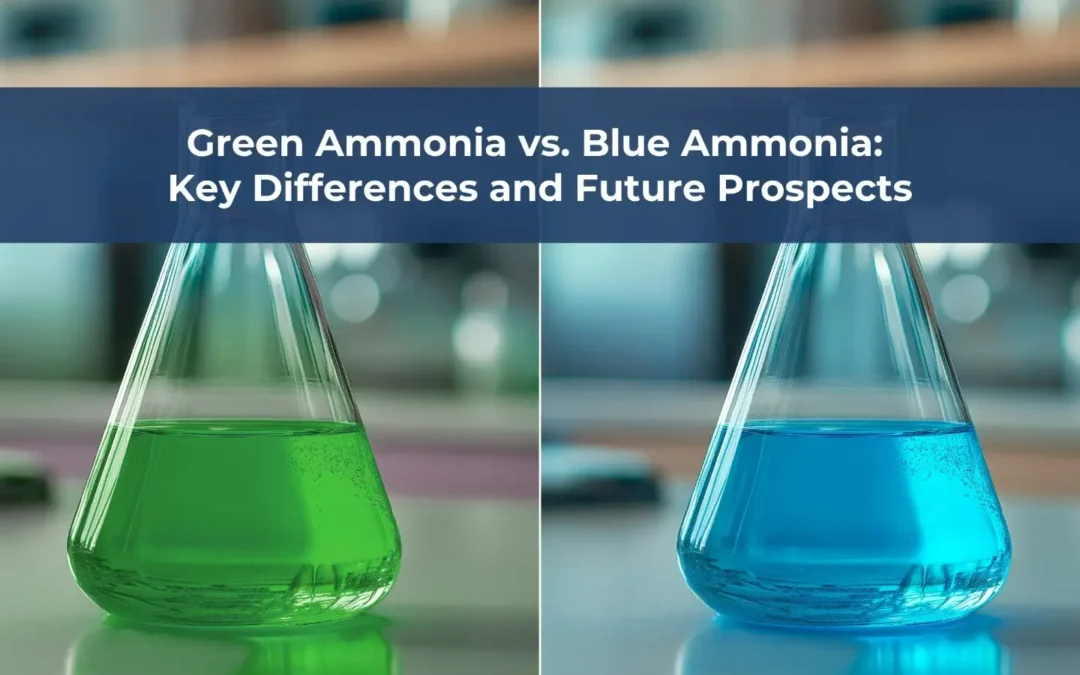In recent years, liquor ammonia has emerged as a valuable tool in water treatment processes. Its unique chemical properties make it an effective solution for various water treatment applications. Whether it’s improving water quality or reducing costs, liquor ammonia offers numerous benefits that are worth exploring. In this article, we will delve into the advantages of using liquor ammonia in water treatment and its role in enhancing water quality.
Understanding Liquor Ammonia: A Brief Overview
Before diving into the benefits, it is essential to understand what liquor ammonia is and its chemical composition. Liquor ammonia, also known as ammonia solution or ammonia water, is a solution of ammonia gas (NH3) dissolved in water. It typically contains approximately 25% ammonia by weight and has a pungent odor. This versatile chemical compound has been widely used in various industries, including water treatment.
Liquor ammonia plays a crucial role in water treatment due to its ability to act as a powerful cleaning agent. When added to water, ammonia solution can react with various impurities and contaminants, helping to purify the water and make it safe for consumption. Its chemical properties make it effective in neutralizing acids and controlling pH levels in water treatment processes.
The Chemical Composition of Liquor Ammonia
Liquor ammonia consists of ammonia gas (NH3) dissolved in water. Ammonia is a compound composed of nitrogen and hydrogen atoms. The presence of this compound in water treatment processes can have significant benefits, which we will explore in the subsequent sections.
Furthermore, the chemical composition of liquor ammonia allows it to form ammonium ions (NH4+) when dissolved in water. These ions play a vital role in biological processes and are essential nutrients for plant growth. In agricultural practices, liquor ammonia is often used as a nitrogen-rich fertilizer to enhance crop yield and promote healthy plant development.
The Production Process of Liquor Ammonia
The production of liquor ammonia involves several steps. It is typically produced by the reaction of anhydrous ammonia gas with water. The resulting solution is then purified to remove impurities. The final product is a clear, colorless liquid with a strong odor. The production process ensures that the liquor ammonia is of high quality and suitable for use in water treatment applications.
During the production process, strict quality control measures are implemented to ensure the purity and concentration of the liquor ammonia solution. Any deviations in the production parameters can affect the effectiveness of the solution in various applications. By adhering to stringent production standards, manufacturers can guarantee the consistency and reliability of liquor ammonia for industrial and commercial use.
The Role of Liquor Ammonia in Water Treatment
Now that we have a basic understanding of liquor ammonia, let’s delve deeper into its multifaceted role in water treatment processes. Liquor ammonia, also known as aqueous ammonia, is a solution of ammonia gas in water. It is a versatile compound that plays a crucial role in enhancing water quality and ensuring the supply of safe and potable water to communities around the world.
One of the key benefits of using liquor ammonia in water treatment is its ability to effectively remove impurities and contaminants from water sources. This compound is particularly adept at treating water with high levels of organic matter, heavy metals, and nitrates. By adding liquor ammonia to water, these impurities undergo chemical reactions that result in the formation of stable complexes, which can then be easily separated and removed through processes like filtration and sedimentation.
The Science Behind Ammonia Treatment
Ammonia treatment is a critical step in the water treatment process, as it helps in the removal of various pollutants that can compromise water quality. When liquor ammonia is introduced into water, it reacts with contaminants present, leading to the formation of insoluble compounds that can be effectively removed. This chemical reaction is essential for improving the overall quality of water and making it safe for consumption.
Different Stages of Water Treatment Involving Liquor Ammonia
Liquor ammonia is utilized at different stages of water treatment to ensure the thorough purification of water. In processes such as coagulation and flocculation, liquor ammonia plays a vital role in destabilizing suspended particles in water, allowing them to clump together and form larger flocs. This aggregation of particles facilitates their removal during subsequent sedimentation processes, resulting in clearer and cleaner water.
Furthermore, liquor ammonia is also employed in disinfection processes to eliminate harmful bacteria and viruses present in water sources. Its antimicrobial properties make it an effective agent for ensuring that treated water is free from pathogens, safeguarding public health and well-being. By incorporating liquor ammonia into various water treatment processes, communities can enjoy access to safe and reliable drinking water that meets stringent quality standards.
Key Benefits of Liquor Ammonia in Water Treatment
The use of liquor ammonia offers several key benefits in water treatment processes. Let’s explore some of these advantages:
Enhancing Water Quality
Liquor ammonia plays a crucial role in improving water quality. Its ability to remove impurities and harmful contaminants ensures that the treated water meets stringent quality standards. By effectively treating water, liquor ammonia helps safeguard public health and promotes the well-being of communities.
Furthermore, liquor ammonia aids in the prevention of waterborne diseases by eliminating harmful bacteria and pathogens. This not only enhances the quality of drinking water but also reduces the risk of illnesses caused by contaminated water sources. The purity and safety of water treated with liquor ammonia contribute to overall public health and sanitation.
Cost-Effectiveness of Liquor Ammonia
Another significant advantage of using liquor ammonia in water treatment is its cost-effectiveness. Compared to alternative treatment methods, liquor ammonia offers excellent value for money. Its efficient removal of contaminants leads to reduced maintenance costs, lower equipment wear and tear, and increased operational efficiency. This makes it an economical choice for water treatment facilities.
In addition to its cost-effectiveness, liquor ammonia’s long shelf life and stability make it a reliable option for water treatment applications. The extended storage capability of liquor ammonia ensures that water treatment plants can maintain a consistent supply of treatment chemicals, reducing the risk of interruptions in the treatment process due to chemical shortages.
Environmental Impact of Using Liquor Ammonia
Using liquor ammonia in water treatment processes also has positive environmental implications. Liquor ammonia is biodegradable, meaning it breaks down naturally over time without leaving harmful residues. Additionally, its efficient removal of contaminants reduces the need for excessive chemical dosing, minimizing the environmental impact associated with water treatment processes.
Moreover, the byproducts generated from the breakdown of liquor ammonia are non-toxic, further enhancing its environmental profile. This eco-friendly characteristic aligns with sustainable practices in water treatment and underscores the importance of choosing environmentally responsible solutions for water purification.
Safety Measures and Precautions in Handling Liquor Ammonia
While liquor ammonia offers numerous benefits, it is crucial to handle and store it safely. Proper safety measures and precautions should be in place to minimize any potential risks.
Liquor ammonia, also known as aqueous ammonia, is a common cleaning agent and industrial chemical used in various applications. It is essential to understand the properties of liquor ammonia to ensure safe handling and storage practices. This clear, colourless liquid has a pungent odour and is highly soluble in water, making it a versatile substance in industries such as manufacturing, agriculture, and cleaning.
Storage and Handling Guidelines
It is important to ensure proper ventilation and temperature control when storing liquor ammonia. Storage areas should be well-ventilated and away from sources of heat or ignition. Additionally, it is crucial to store liquor ammonia separately from incompatible substances, such as acids, to prevent any chemical reactions. Proper labeling of containers and regular inspections are also necessary to maintain a safe storage environment.
Handling liquor ammonia requires strict adherence to safety protocols. Personnel should undergo training on the proper use of personal protective equipment (PPE) such as gloves, goggles, and respiratory protection. Spills should be cleaned up immediately using absorbent materials and following established spill response procedures. It is advisable to have spill kits readily available in areas where liquor ammonia is used or stored.
Emergency Response to Liquor Ammonia Spills
In the event of a liquor ammonia spill, swift and appropriate action should be taken to mitigate any potential hazards. This includes evacuating the area, containing the spill, and contacting the relevant authorities for assistance. Adequate training and emergency response plans should be in place to handle such situations effectively.
Regular drills and simulations can help prepare personnel for emergency scenarios involving liquor ammonia spills. Understanding the properties of liquor ammonia, its potential risks, and the necessary steps to take in case of an accident are vital components of a comprehensive safety program. By prioritizing safety measures and preparedness, the risks associated with handling liquor ammonia can be significantly reduced.
Future Perspectives: Liquor Ammonia in Water Treatment
The future of liquor ammonia in water treatment looks promising, with ongoing advancements and new technologies being developed in its application.
Technological Advancements in Liquor Ammonia Use
Researchers and scientists are continually exploring innovative ways to maximize the benefits of liquor ammonia in water treatment. This includes developing more efficient treatment processes, improving dosing techniques, and optimizing the use of liquor ammonia to further enhance water quality.
Potential Challenges and Solutions in Liquor Ammonia Application
While the use of liquor ammonia in water treatment offers numerous advantages, it is not without its challenges. Some of these challenges include ensuring accurate dosing, managing storage and transportation, and addressing public concerns about the use of chemicals in water treatment. However, with proper regulations, effective communication, and ongoing research, these challenges can be overcome, resulting in safer and more efficient water treatment processes.
In conclusion, the benefits of using liquor ammonia in water treatment processes are vast. From improving water quality to cost-effectiveness and environmental impact, liquor ammonia offers a compelling solution for water treatment facilities. With proper handling, safety measures, and ongoing advancements in its application, liquor ammonia will continue to play a crucial role in providing safe and clean water to communities worldwide.














